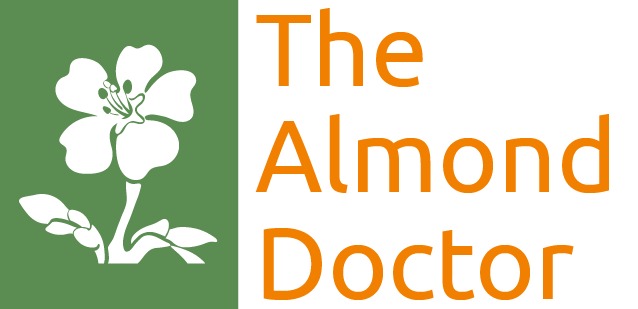Dormant Practices and Wet Weather
Over the past week, a lot of rain has fallen across California. Orchard access should be limited during periods of wet soil to reduce soil compaction as well as stuck equipment. Limiting access, however, creates challenges in performing a variety of orchard operations, including the list below. Winter Sanitation. Removal of almond mummies from trees is critical for Navel Orangeworm management (NOW). Many operations usually wait for the first rains to help with leaf drop and to help “loosen” the mummies. In wet years, however, it becomes difficult to winter shake the trees as orchard conditions remain too wet for access of shakers. Furthermore, the “window” to winter shake is limited on the late end as fruit bud loss increases as trees enter delayed dormancy and buds swell (Mid to late January, depending on location). To manage this limited access, operations should consider poling crews. If these aren’t available, and sanitation is not performed, a spring timed (usually late April through early May) insecticide can reduce overwintering NOW. This strategy is not as effective as winter sanitation, but is better than doing nothing. Insecticide sprays targeting NOW in the dormant period are NOT effective due to NOW pupae being inside of the almond mummies. Planting bare root trees. Hand planting crews have an easier time than machine planting due to limited field access. If planting delays occur, trees should be placed into cold storage at the nursery as soon as possible to reduce the risk of leaf out and weakened trees. Keep trees in cold storage until ready to plant. Unless there is no other option, do not take delivery of trees in bins or plant them in a temporary location at the farm. On delivery, check tree roots to make sure they are healthy and living (should be


Recent Comments